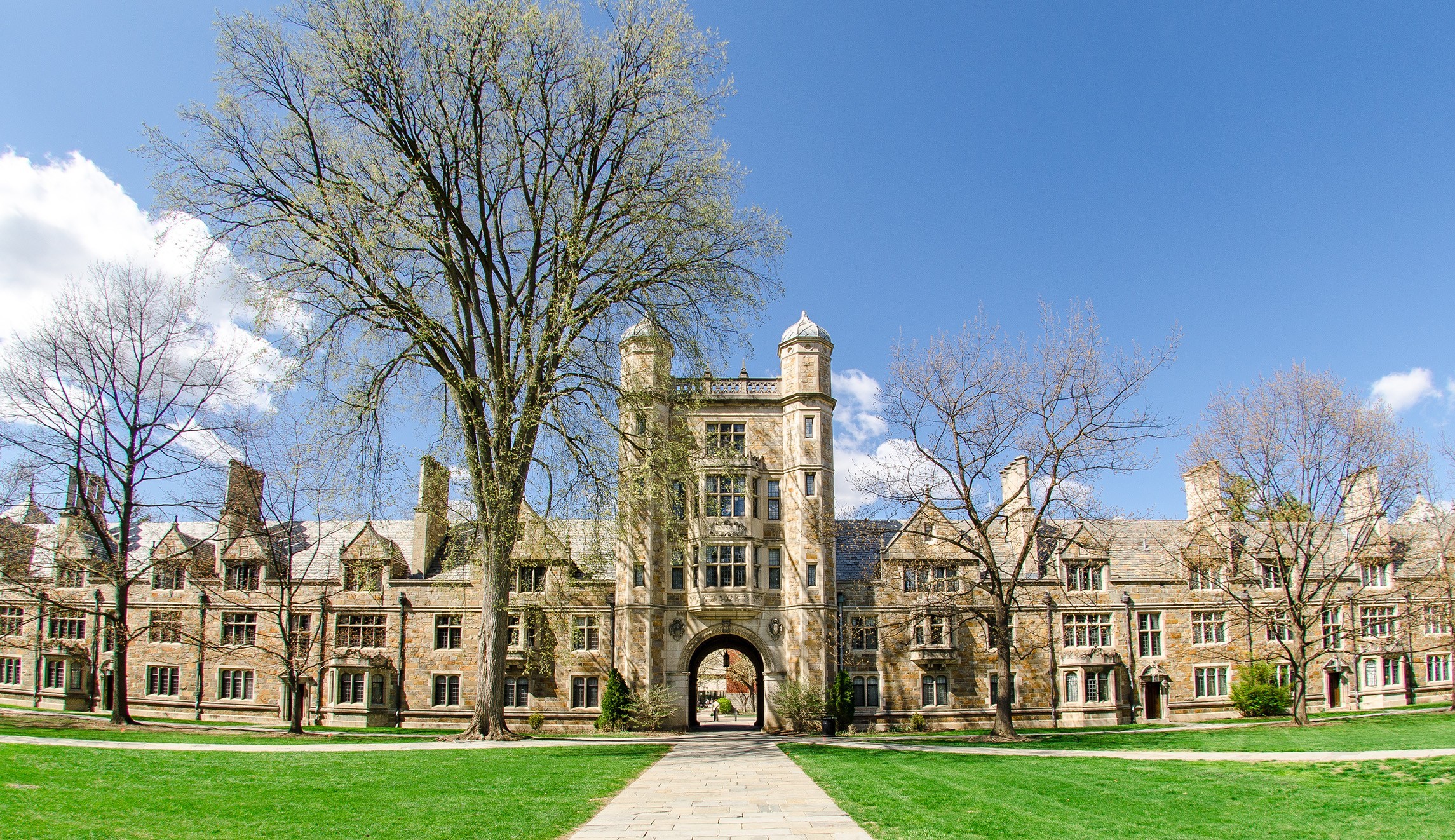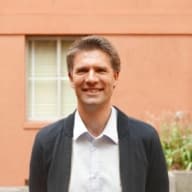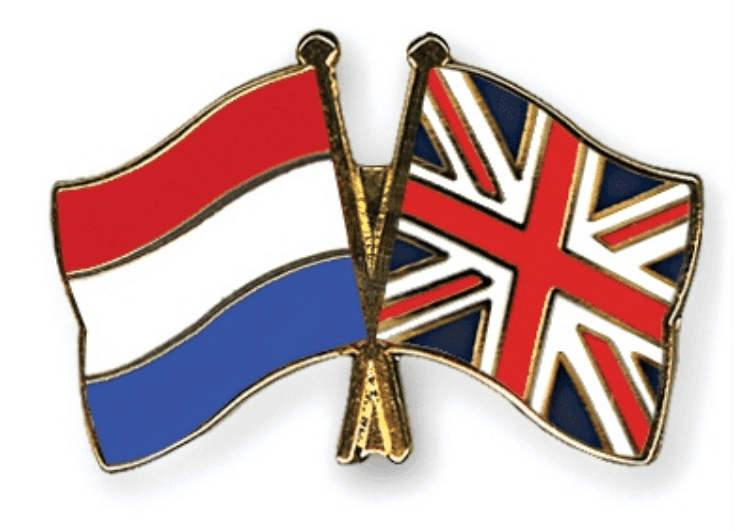The Inspirational Approach of Dutch Studies in the United States
The crisis the neerlandistiek is currently facing in the Netherlands raises the question of how the study of the Dutch language and literature is doing at universities outside of the Low Countries. Can the neerlandistiek extra muros offer strategies to cope with the dramatic reduction of enrollment numbers and, even, the closure of entire departments? In this respect, the situation of Dutch Studies in the United States represents an interesting case that is worth deeper analysis.
Whether we like it or not, the influence of what happens at US-American universities is considerable in Europe. As a consequence of globalization, Europeans have adopted new interests, concerns, and sensibilities from American society, and those waves of change from across the Atlantic have also affected European universities. The recent field of Disability Studies that started here in the United States and is now quickly expanding in Europe is a prime example of this.

Precarious situation
The reputation of American universities as innovators and pathbreakers of new ideas, concepts and approaches may also explain why Dutch Studies in the United States tends to attract considerable attention by scholars from Dutch and Flemish universities. The bi-annual conferences organized by the American Association of Netherlandic Studies
(AANS), for instance, typically attract a large number of colleagues from universities in the Low Countries. The prestige of American universities should not hide, however, that the situation of Dutch Studies in this country is precarious. This is especially the case if one would reduce Dutch Studies to the “neerlandistiek of the United States”.
Limited to lecturer positions
There are, for sure, a number of American universities where students can learn Dutch as a foreign language, including Indiana University, the University of Wisconsin, Columbia University, the University of Minnesota, the University of Pennsylvania, the University of Texas, the University of North Carolina, Calvin College, the University of Michigan, Dordt College, the University of California (UC) – Los Angeles and my own UC Berkeley. These universities have enthusiastic instructors, who, thanks to their hard work and dedication, have been able to maintain enrollments at levels that are sufficiently high to secure the future of Dutch language teaching in the United States. In most of these universities, however, Dutch Studies is limited to a lecturer position in foreign language education. Lecturers at American universities are often badly paid and are expected to teach significantly more hours than professors.
 The University of Michigan is one of the American universities where students can learn Dutch as a foreign language.
The University of Michigan is one of the American universities where students can learn Dutch as a foreign language.Since lecturers are rarely involved in graduate education (for PhD-students), Dutch Studies in the United States is primarily based at the undergraduate level, as part of a four-year Bachelor of Arts degree. Due to the flexibility of these degrees, students seldom opt for a Dutch major (hoofdvak), and even Dutch minors (bijvak) are relatively rare. Most students in Dutch Studies limit themselves to supplementing their primary curricula with a number of courses they find interesting or useful in preparation for their potential pursuit of a doctoral degree. As a Dutch Studies instructor, this means that, when teaching a course in the area of literature, culture or history, one can never build on existing knowledge. Moreover, one has to find a theme that appeals to a broad range of students and publicize the course in a way that will attract enough students.
Niche field for specialists
Even at those (few) universities where the Dutch Studies team includes professors, or “faculty” as they are usually called in the United States, there is no fully-fledged doctoral program in Dutch Studies. At some of these universities, students can opt for Dutch Studies at the PhD-level, but only within the context of a doctoral program in German or Germanic Studies (which implies that they also have to become experts in German Studies) or as a specialization they can add to a degree in another field. While it is not exceptional for doctoral students to include a Dutch Studies emphasis to their degree—Berkeley currently has six of them—it rarely happens that such a student decides to write a dissertation that focuses exclusively on the Dutch language or literature. The reason is simple: there are no academic career opportunities in Dutch Studies at American universities. The academic study of the Dutch language and literature at American universities is, indeed, a niche field for specialists.
In this video students of the University of California, Berkeley, tell why they learn Dutch as a foreign language.
Academic prestige
At the same time, however, American universities have a number of highly prestigious fields in which the study of the Low Countries is of prime importance – for instance, the Departments of History, Art History, (Protestant) Theology, and Southeast-Asian Studies. These are fields where the intellectual elite of American Humanities is built at the doctoral level, and there is a fierce competition among universities to attract the best students to their respective programs. Dutch Studies often plays a role here, since the presence of such a program can be a decisive reason for applicants to select one university over another. The academic prestige of Dutch Studies in the United States mainly depends on these doctoral students. As long as they continue to consider it important to study the Dutch language and the Low Countries for their respective disciplines, our field is safe.
Little effect
Under these circumstances, Dutch Studies in the United States could never thrive as a copy of the Dutch or Flemish neerlandistiek. This is also why I believe that the crisis the field currently faces in the Low Countries will have little effect on Dutch Studies in the United States. The way in which our programs are structured and the way Dutch Studies is taught differ so much that our position is likely not to become endangered by what is happening in the Low Countries. What could happen, rather, is that the neerlandistiek at Dutch and Flemish universities will evolve towards a structure similar to ours, whereby the focus will be less on the formation of experts in the study of the Dutch language and literature, but more on developing strategies to make this study a useful complement to a broad range of students in other fields.
American universities stimulate a generalist approach to Dutch Studies
Learn from the US
In this respect, universities from the Low Countries have, with their increasingly international student bodies, a lot to learn from Dutch Studies in the United States. For instance, the American system offers strong examples of marketing strategies for making the study of the language, history and culture of the Low Countries appealing to a broad student body. American universities also stimulate a generalist approach to Dutch Studies, with courses designed around specific themes that combine Dutch literature, film, history, and culture. Language programs often include a component dedicated to teaching Dutch language skills to students who are primarily interested in Dutch as reading knowledge for their research. Perhaps most importantly, however, they are truly interdisciplinary and include affiliated faculty from other departments in the conceptualization of Dutch Studies curricula.
These different approaches are all the more reason for colleagues in the Netherlands and Flanders, eager to learn more about Dutch Studies in the United States, to consider attending the upcoming AANS conference, to be held here in Berkeley, on June 5 and 6, 2020.









